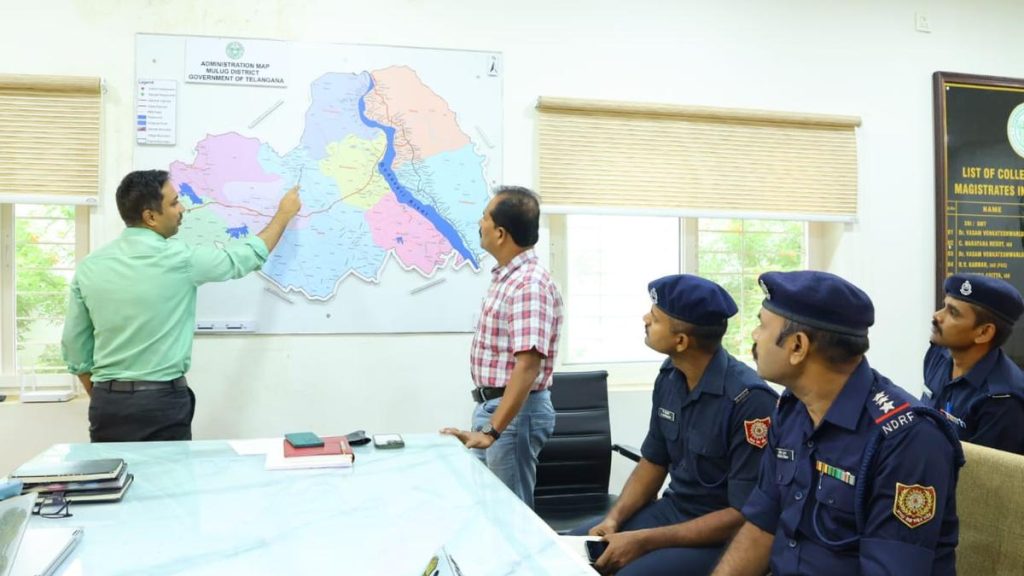Now Reading: Doctors Call for Infectious Diseases to Be Recognized as a Medical Specialty
-
01
Doctors Call for Infectious Diseases to Be Recognized as a Medical Specialty
Doctors Call for Infectious Diseases to Be Recognized as a Medical Specialty

Quick Summary
- Hyderabad has robust health infrastructure but faces a significant shortage of infectious disease specialists.
- the city has only around a dozen specialists serving a population of over one crore.
- Infectious diseases, caused by microorganisms like viruses, bacteria, fungi, or parasites, remain leading causes of death in India.
- Common conditions include swine flu and malaria; complex cases include severe pneumonia, AIDS, meningitis, and hospital-acquired infections (hais).
- COVID-19 resurgence underscores the importance of such specialists for managing comorbidities and drug-resistant infections.
- Dr Pratik Yashavant Patil emphasized the growing focus on this specialty and advocated its recognition akin to cardiology or neurology.
- Training to become an infectious disease specialist requires post-graduate qualifications followed by three years of super-specialty in infectious diseases.
- The U.S. established this specialty in 1960; India introduced super-specialty training in private hospitals around 2009 with government institutes like AIIMS Delhi evolving later.
- NIMS is currently the sole government hospital with an infectious disease specialist in Andhra Pradesh and Telangana but lacks a dedicated department for this field.
Indian Opinion Analysis
The shortage of infectious disease specialists poses critical health risks for large populations like Hyderabad’s. Despite rising demand due to growing complexities such as drug-resistant infections and frequent outbreaks like COVID-19, India’s healthcare system lags significantly in prioritizing this vital field. Given that hospital-acquired infection rates are alarmingly high (13%), experts argue that expanding specialized training programs could reduce complications arising from severe illnesses.
The insights offered by professionals underline systemic gaps-such as minimal professional recognition-hindering progress. Existing barriers include limited super-specialty programs across both private institutions (introduced relatively recently) and public sector facilities concentrated at select institutes such as AIIMS Delhi. Evolving mechanisms within institutions like NIMS indicate growth potential but highlight overall inadequacy compared to global practices established decades prior.
India’s long-term healthcare strategy could benefit from targeted investments toward fostering expertise where infection management intersects broader public health outcomes-a move enabling better resource allocation amid increasingly multidrug-resistant pathogens reliant upon judicious antibiotic protocols.























